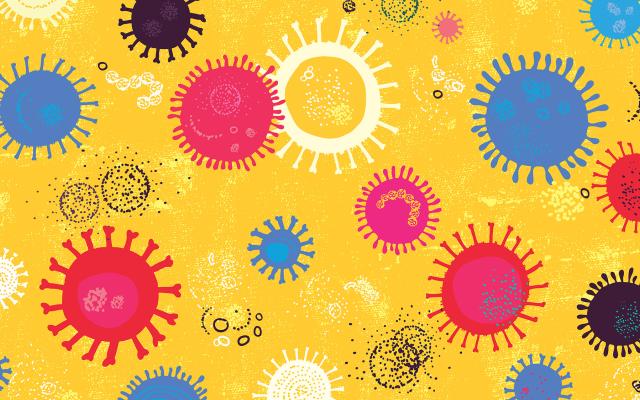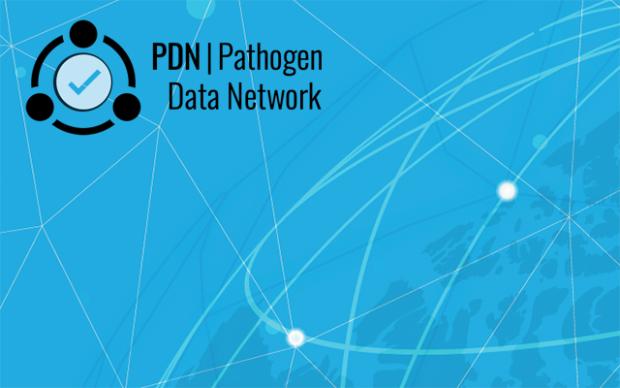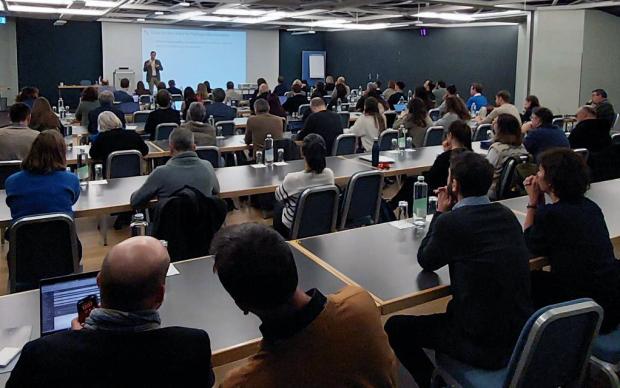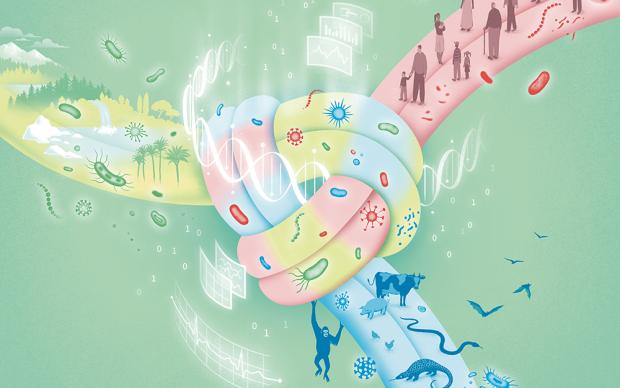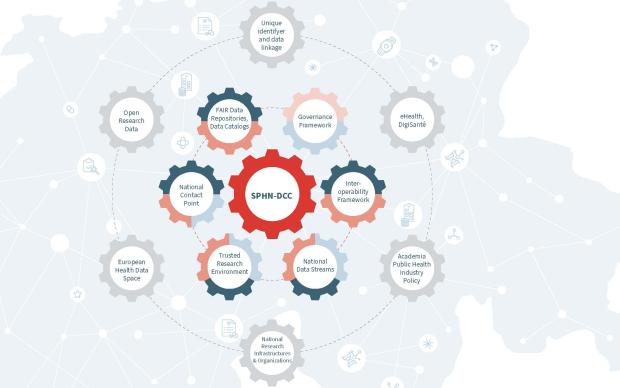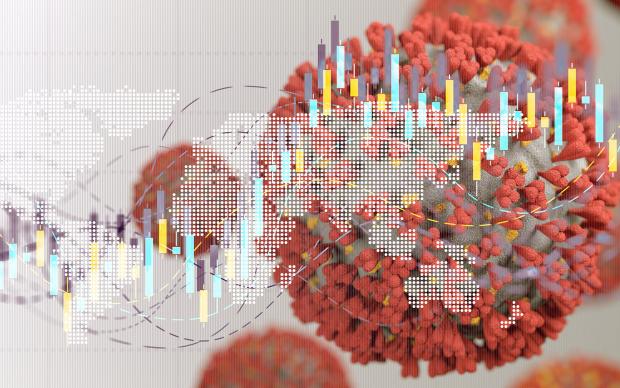After setting up the Swiss SARS-CoV-2 data hub, SIB is now co-leading an international project to facilitate open sharing of viral genomic sequences in other countries. Through SIB, Switzerland will thus be sharing its experience setting up and using a national viral genomics platform. The initiative gathers about 20 countries across Europe, as well as South Africa. The goal of this work package is to harness viral genomes from national sequencing efforts in Europe and beyond, and convert them into open data resources. This will in turn help improve COVID-19 research efficiency, variant surveillance and general pandemic preparedness.
The need for national SARS-CoV-2 data hubs
From laboratories (academic and private) to public health reports or open access databases, SARS-CoV-2 sequences often follow a bumpy road, depending on the infrastructure in place. National SARS-CoV-2 data hubs allow viral raw sequences and assembled genomes to be systematically processed, openly shared, and variants examined in a wide ecosystem of visualisation and phylogenetic analysis tools. These hubs thus act as accelerators for public health institutions and for global research, by feeding open international sequence repositories.
Bringing in the Swiss expertise
Today, Switzerland is among the most advanced countries in terms of national SARS-CoV-2 sequence coordination. It is relying on an SIB infrastructure, the Swiss Pathogen Surveillance Platform (SPSP.ch), to centralize all sequences collected in the country and to submit them to the European Nucleotide Archive (ENA) and GISAID. “By building on the acquired experience with the Swiss SARS-CoV-2 data hub, our aim is now to improve coordination among existing national data hubs, and to help setting them up in other countries,” says SIB’s Aitana Lebrand, in charge of SPSP and co-lead of the ELIXIR CONVERGE (see below) Work Package 9 with her colleague Nils P. Willassen of the University of Tromsø, Norway.
About ELIXIR CONVERGE
ELIXIR CONVERGE is a project funded by the European Commission to help standardise life science data management across Europe. To achieve this goal, the project will develop a data management toolkit for life scientists. The toolkit will help ensure more research data is in the public domain, which will give scientists access to more data. This will allow them to discover new insights into the challenges facing society, such as food security and health in old age, and help stimulate innovation in biomedicine and biotechnology.SIB is co-leading two work packages in the context of ELIXIR CONVERGE: the one presented here and one related to the training efforts. read more
A coordinated network of SARS-CoV-2 data hubs
Within the WP9 project, a specific task led by SIB is to leverage the SARS-CoV-2 genomic data collected across Europe into valuable open data resources, through the creation of a network of SARS-CoV-2 data hubs (see above). To achieve this, resource managers in charge of nascent or established regional and national data hubs will be brought together to share expertise, tools and best practices.
In parallel, established software and annotation tools, such as those underlying the Swiss Pathogen Surveillance Platform in Switzerland, will be made available for broad use across European member states. Training and capacity building will be provided for countries and institutes that are now rapidly scaling up their efforts.
Be better prepared for future pandemics
Other aspects essential to ensure the optimal coordination among countries in the fight against COVID-19 and beyond, will be addressed in the project: the set-up of a controlled vocabulary to name future variants and lineages; strengthening the adoption of the processes to upload data on the European COVID-19 Data Portal; the development of variant analysis tools and capacity building, etc. The infrastructure thus developed will enable preparedness for any other infectious disease and pandemic.


